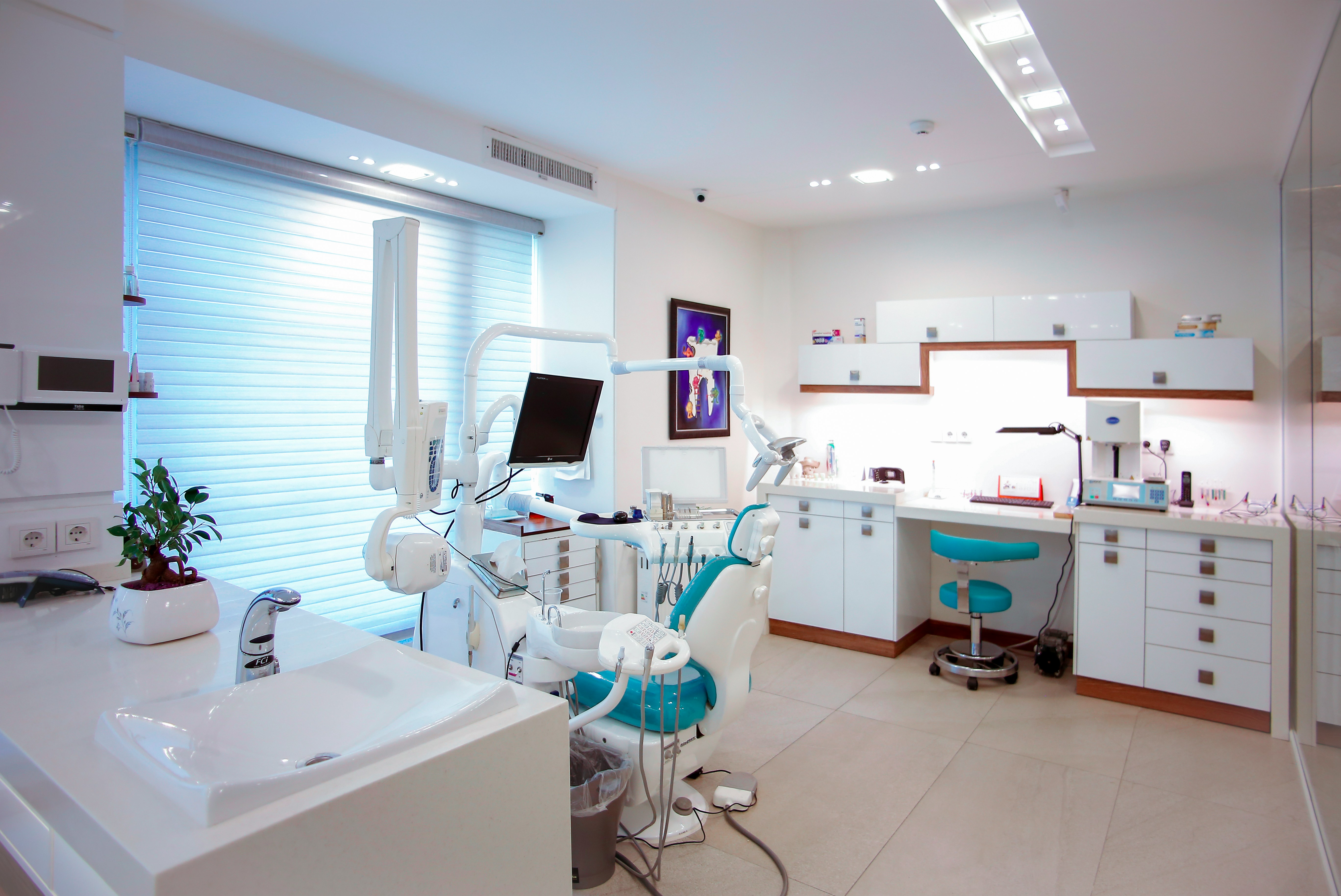Can Periodontitis Be Cured?
Learn if periodontitis can be cured and discover the expert treatments available in Palm Beach Gardens to manage gum disease. Contact Gardens Dentistry today.
Jul 22, 2025
Can Periodontitis Be Cured?
A Palm Beach Gardens Expert's Guide to Managing Gum Disease
Hearing the word "periodontitis" during a dental visit can be alarming. It’s a serious diagnosis, and it’s natural to have questions and concerns, starting with the most important one: can it be fixed?
If you're worried about the health of your gums, you've come to the right place. At Gardens Implant and Cosmetic Dentistry, we specialize in helping our patients in Palm Beach Gardens understand and effectively manage gum disease. This guide will provide clear, expert answers and outline the path back to oral health.
What Exactly Is Periodontitis?
Periodontitis, often called gum disease, is a serious bacterial infection that attacks the structures supporting your teeth, including the gums and the underlying bone. It typically begins with plaque, a sticky film of bacteria, that, if not removed, hardens into tartar (or calculus).
While poor oral hygiene is a primary cause, genetics, smoking, and certain medical conditions can increase your risk. Crucially, periodontitis is not just a dental problem. Ongoing research has established strong links between gum disease and systemic health issues like heart disease, diabetes, and respiratory conditions. Protecting your gums is a critical part of protecting your overall health.
Understanding the Stages of Gum Disease
Gum disease progresses over time. Identifying it early is key to a better outcome.
Stage 1: Gingivitis. This is the earliest and only reversible stage. It’s an inflammation of the gums caused by plaque buildup at the gumline. You might notice red, swollen gums that bleed easily when you brush or floss. There is no bone loss at this stage.
Stage 2: Mild to Moderate Periodontitis. If gingivitis is left untreated, the inflammation progresses. The gums begin to pull away from the teeth, creating small spaces called periodontal pockets. These pockets trap bacteria, leading to infection and early bone loss.
Stage 3: Advanced Periodontitis. In the most severe stage, the infection deepens, destroying significant connective tissue and bone. The periodontal pockets become much deeper, and teeth can become loose, shift, or may ultimately need to be extracted.
The Answer: Can Periodontitis Truly Be Cured?
This is the central question for every patient we see. Here is the direct, professional answer:
While the bone and tissue destroyed by advanced periodontitis cannot be "cured" in the sense that they will naturally regrow on their own, the disease itself can be halted and managed effectively for a lifetime.
The goal of professional treatment is to stop the progression of the disease, eliminate the infection, and maintain the health of your remaining oral structures. With dedicated care from our team and commitment from you, you can control periodontitis and keep your smile healthy.
Our Approach to Periodontal Treatment at Gardens Dentistry
Our treatment plans are never one-size-fits-all. We tailor our approach to the specific stage of your condition.
Non-Surgical Treatments
This is the first line of defense, aimed at controlling the bacterial infection.
Scaling and Root Planing: This is a therapeutic deep-cleaning procedure. We carefully remove all plaque and calculus from above and below the gumline (scaling) and then smooth the tooth roots (planing). This helps the gums reattach to the teeth and discourages new bacteria from accumulating.
Antibiotics: In some cases, we may place topical antibiotics directly into the periodontal pockets or prescribe oral antibiotics to help eliminate stubborn infection.
Surgical Treatments
If the periodontal pockets are too deep for non-surgical methods to be effective, we may recommend:
Flap Surgery (Pocket Reduction): Our specialist gently lifts the gums to gain access for thorough removal of deep-seated tartar and diseased tissue. The gums are then sutured back to fit snugly around the teeth, reducing pocket depth.
Bone and Tissue Grafts: When significant bone or gum tissue has been lost, we can perform advanced grafting procedures. Using natural or synthetic materials, we can regenerate bone and gum tissue to provide better support for your teeth or prepare a site for a future dental implant.
Frequently Asked Questions About Gum Disease
1. Is periodontitis treatment painful? Patient comfort is our top priority. All procedures, including scaling and root planing, are performed using local anesthetic to ensure you are completely comfortable. You may experience mild sensitivity afterward, which is easily managed.
2. How do I know if I need to be checked for gum disease? If you have red, puffy, or bleeding gums, persistent bad breath, or notice your teeth looking longer (a sign of gum recession), schedule an appointment immediately. A comprehensive periodontal evaluation is the only way to know for sure.
3. If I've had periodontitis, can I still get dental implants? Yes, in most cases. A key part of our work at Gardens Implant and Cosmetic Dentistry is helping patients who have lost teeth due to periodontitis. The first and most critical step is to fully control the periodontal disease. Once your gums are healthy, we may perform a bone graft to create a solid foundation for the implant.
Your Partner in Periodontal Health in Palm Beach Gardens
At Gardens Implant and Cosmetic Dentistry, our experienced team is dedicated to providing the highest standard of periodontal care. We combine advanced technology with a compassionate, patient-focused approach to help you stop gum disease in its tracks.
Don't let a diagnosis of periodontitis define the future of your smile. With the right professional treatment and consistent home care, you can manage this condition and maintain a healthy, beautiful smile for years to come.
Take the first step toward healthier gums today.
Schedule your periodontal consultation with our Palm Beach Gardens team now.
Blog






